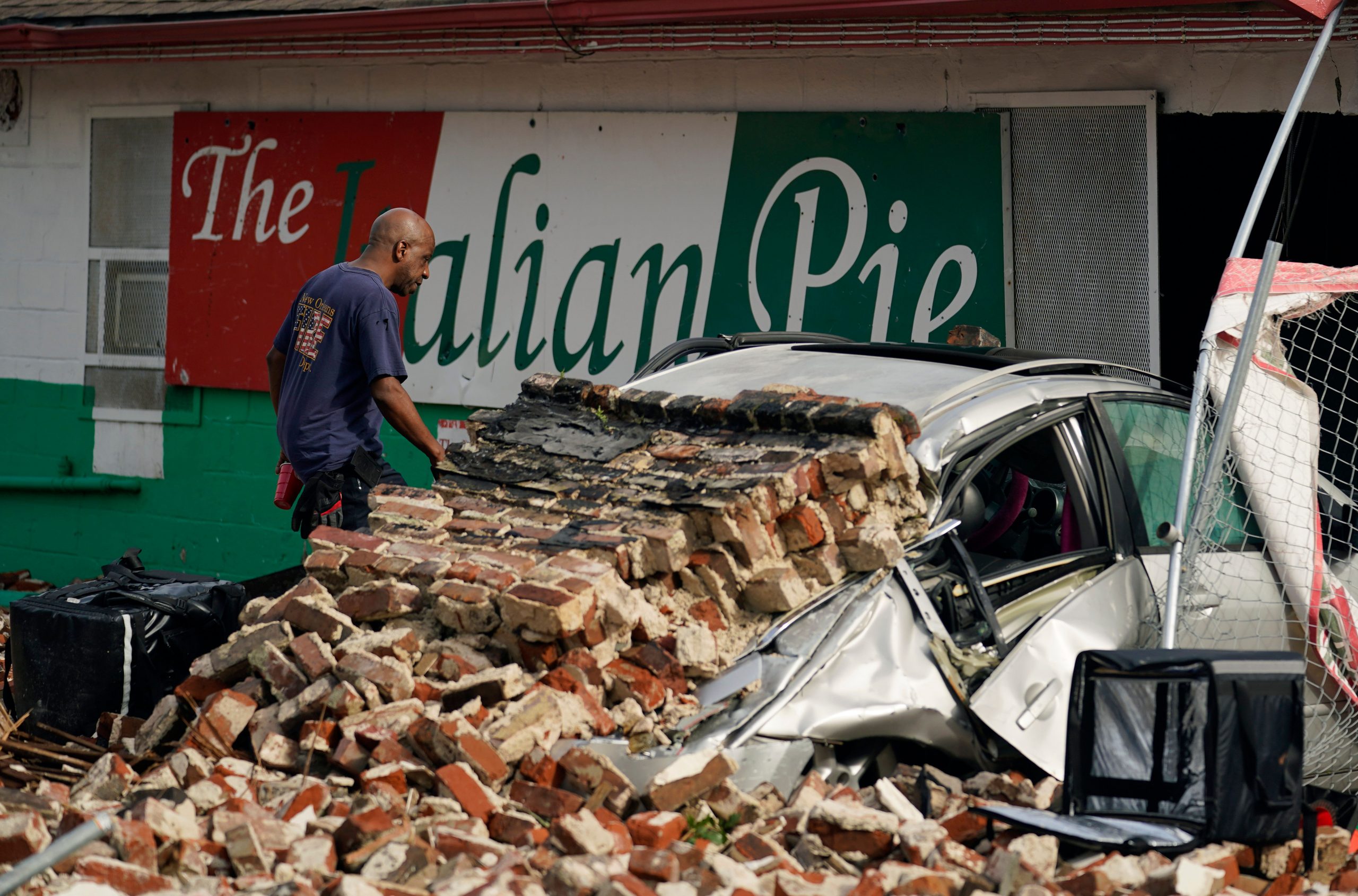Hurricane Ida has wreaked havoc in parts of the United States. Nine people lost their lives in New York after the Ida-induced flooding.
New York Mayor Bill de Blasio declared a state of emergency in the city and urged New Yorkers to stay inside. According to a report by the New York Times, the previous record of rainfall in the city, set just a week ago, stands shattered.
Experts at National Geographic say that events like Ida are being fueled by climate change. However, most American cities do not rank in the urban locations most at risk from climate change, meaning the scenes of devastation in New York could be a precursor to far worse extreme weather events in the future.
Cities that are most at risk fall in low-income countries. This is “due to poverty, inadequate development and high dependence on natural wealth”, according to a study published in the Frontier Journal.
Projections by the United Nations indicate that more than 70% of the world’s population will live in cities by 2050. So it is natural that city dwellers in the most vulnerable locations are likely to be affected by infrastructural damage, for example to buildings and roads, caused by extreme weather. However, perhaps more worrying are the health risks, such as access to water, increased risk of disease, and reduced lifespan as a result of air pollution.
Here is a list of cities that are projected to have the worst impact of climate change:
Jakarta, Indonesia: The capital city of Indonesia is most at risk to bear the brunt of climate change. This is due to the level of air pollution and seismic activity in the region.
Delhi, India: The Indian capital is not really far behind Jakarta in this matter. Extreme air pollution is the major factor that is worrying the experts.
Lagos, Nigeria: The Nigerian metropolis, which is also the most populous city in Africa, could become unlivable soon, a CNN report said. The continent of Africa has not been able to mitigate the threats from climate change.
Karachi, Pakistan: With a population of more than 16 million people, Karachi has experienced the deadly effects of extreme heat in recent years and now ranks as the world’s 12th riskiest city.







